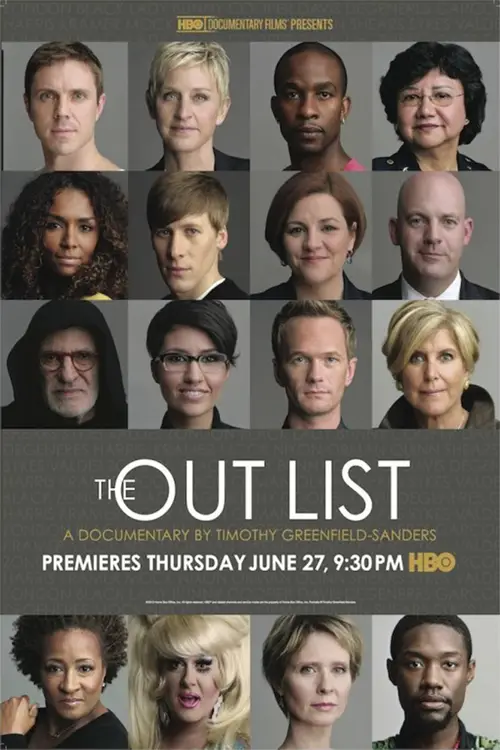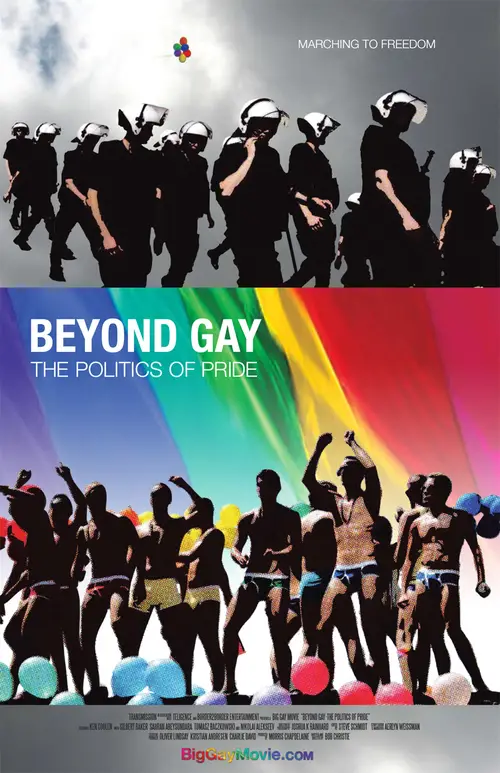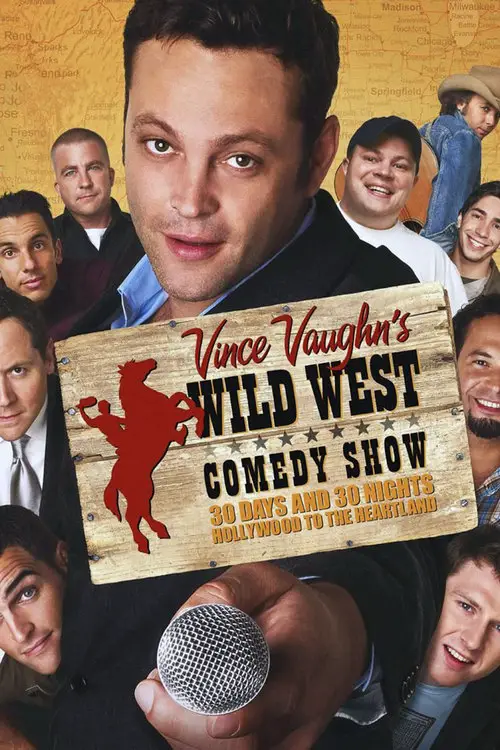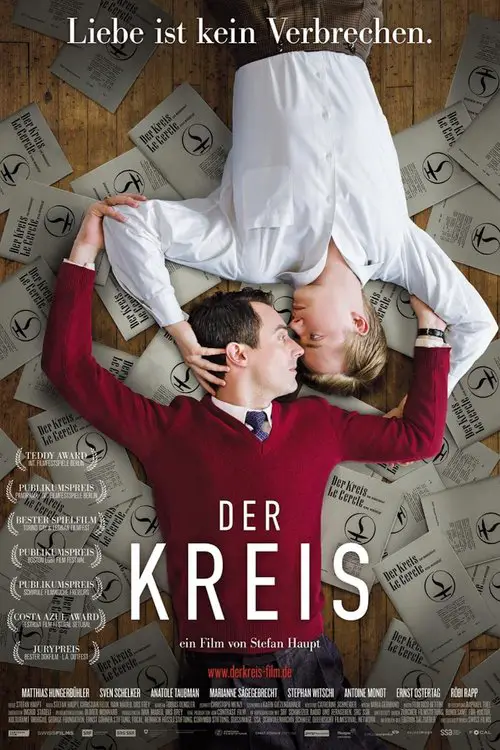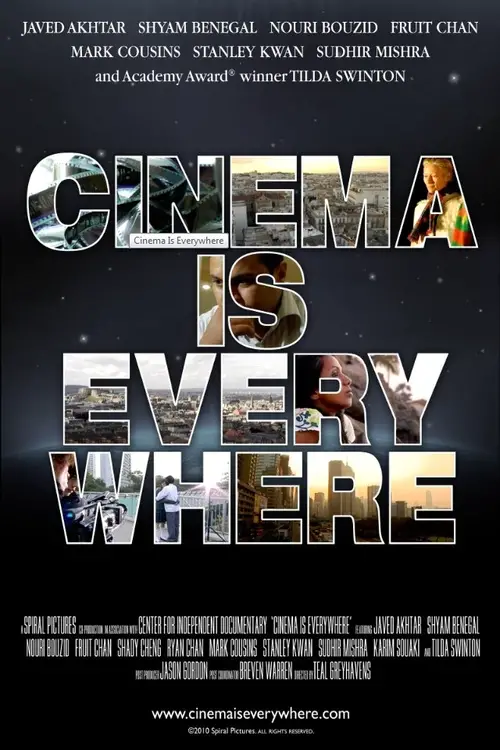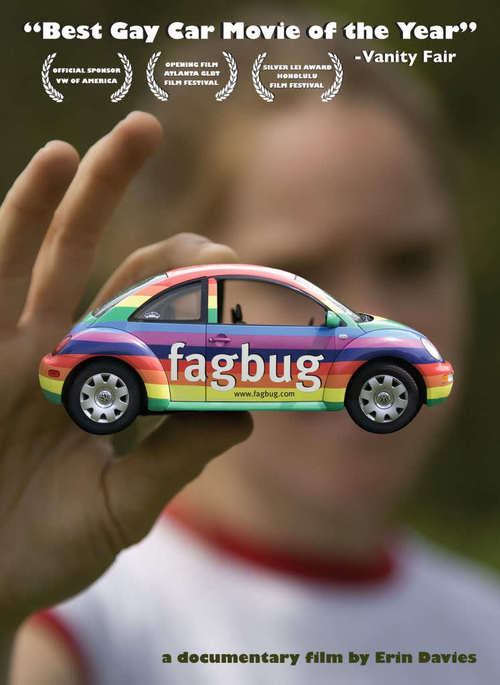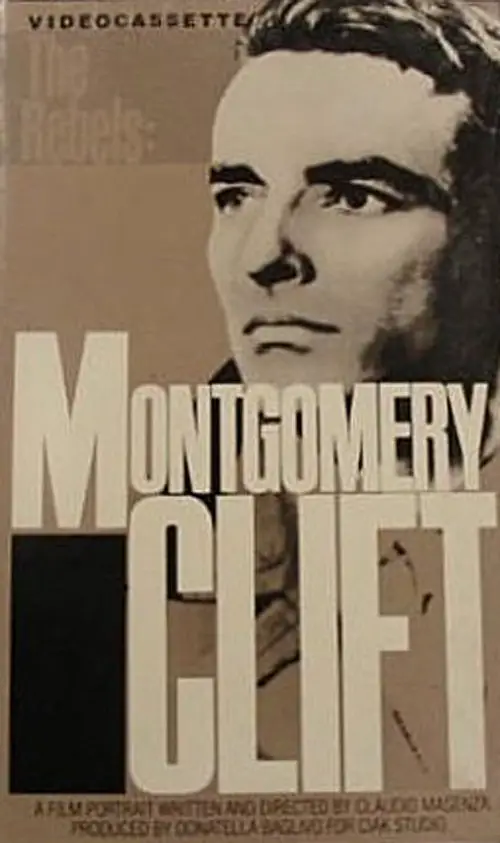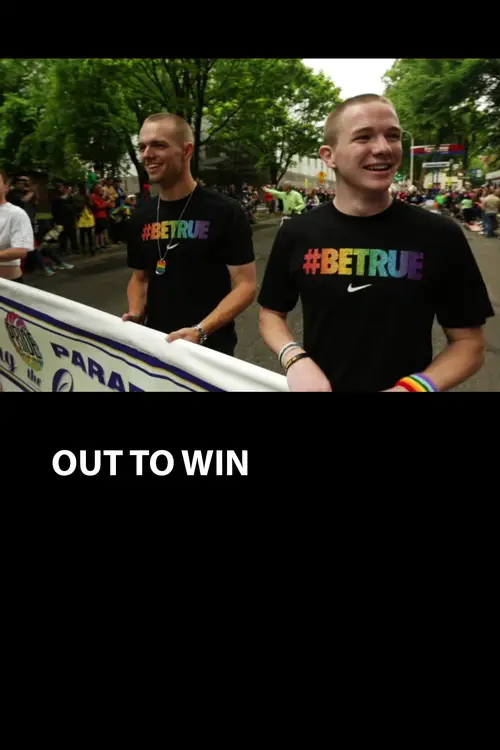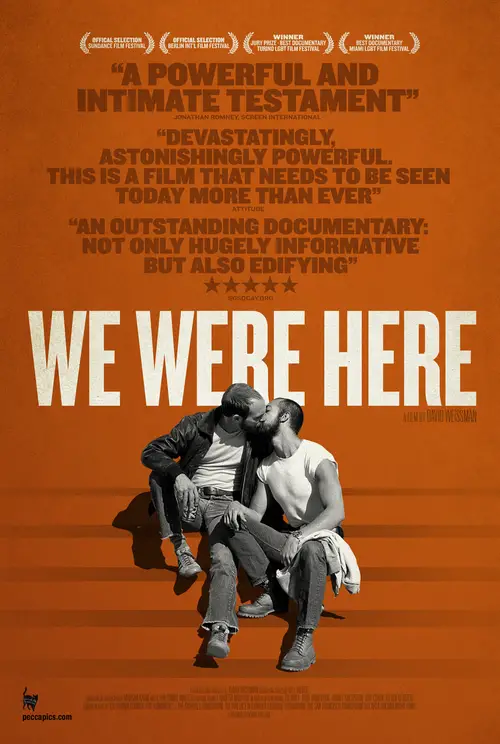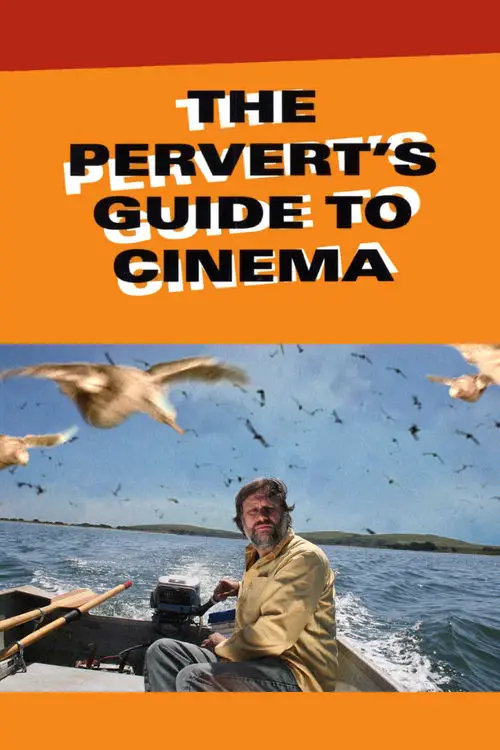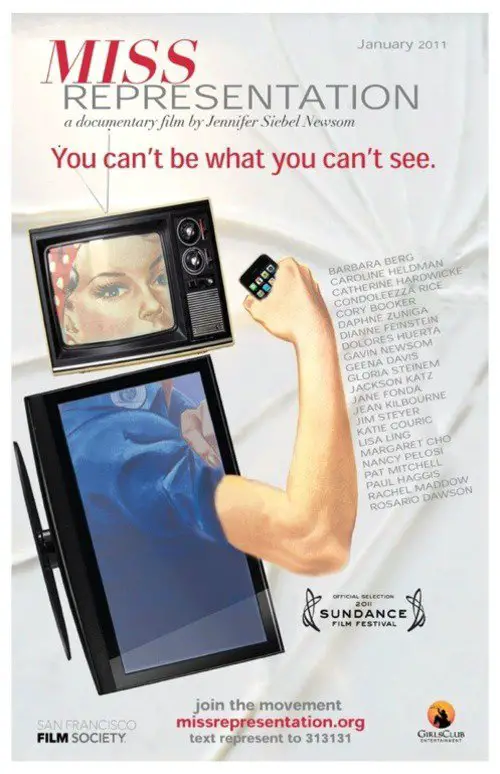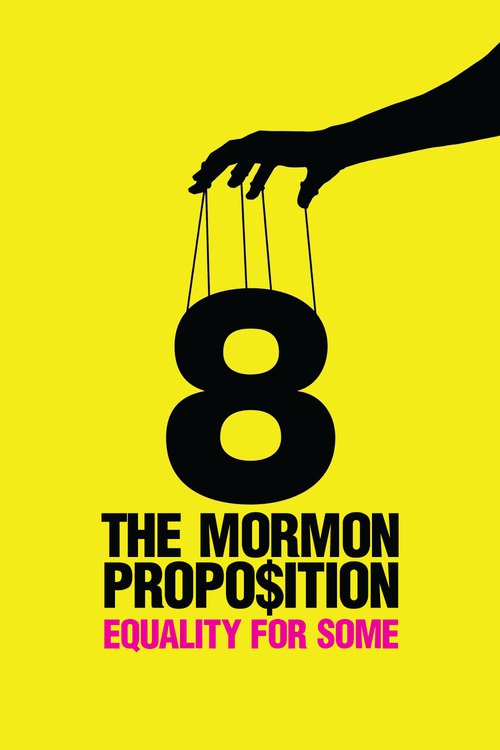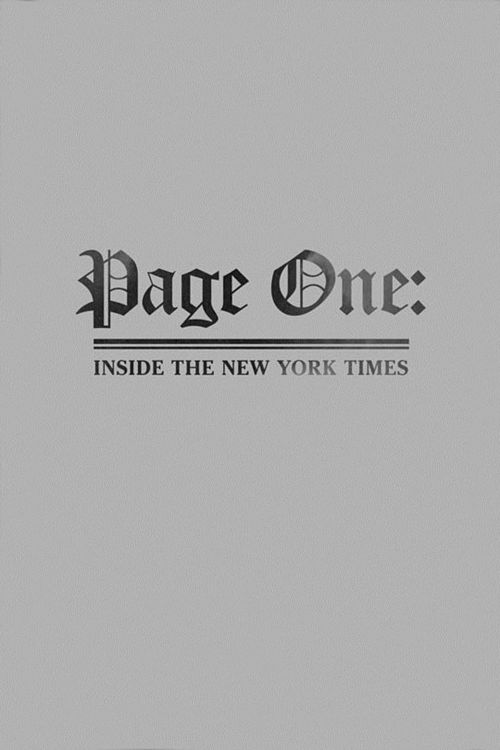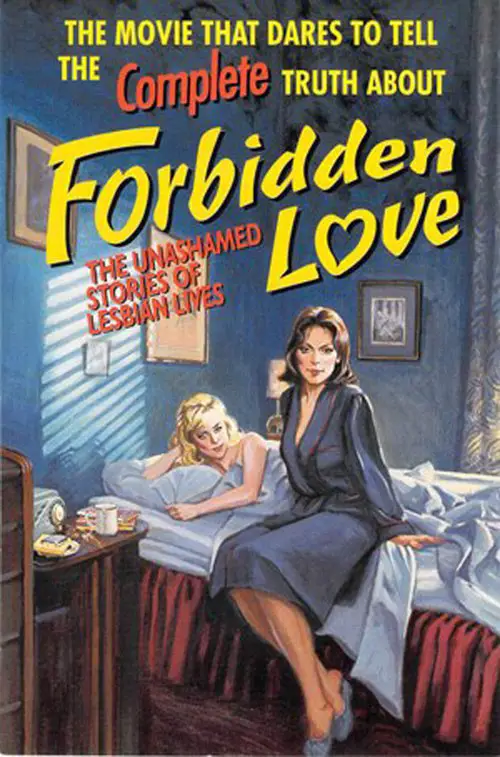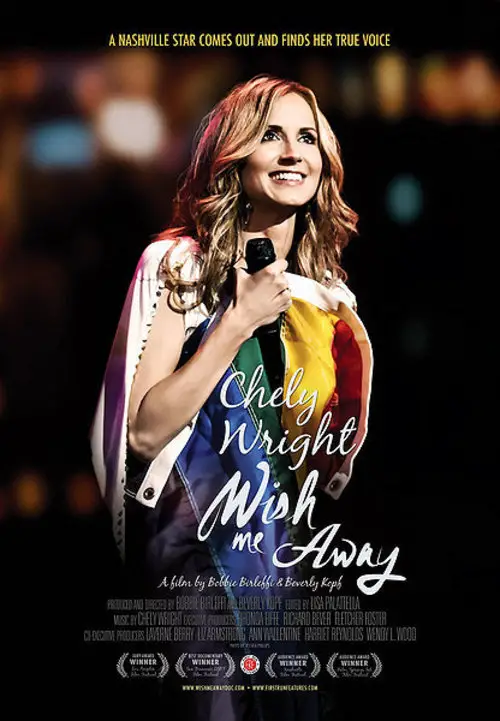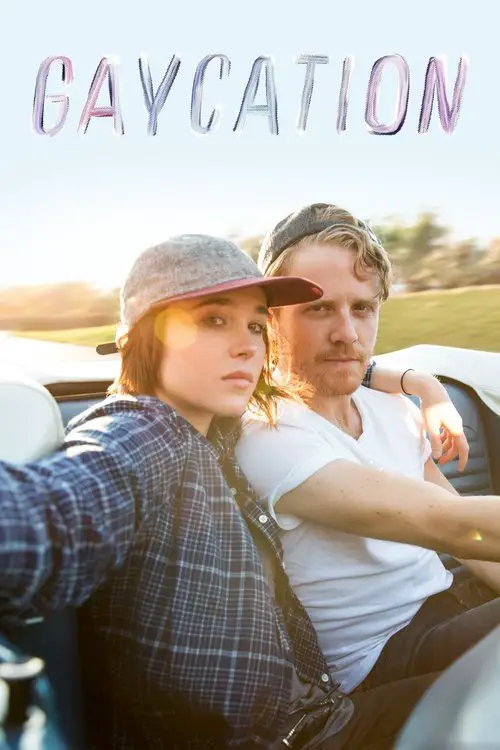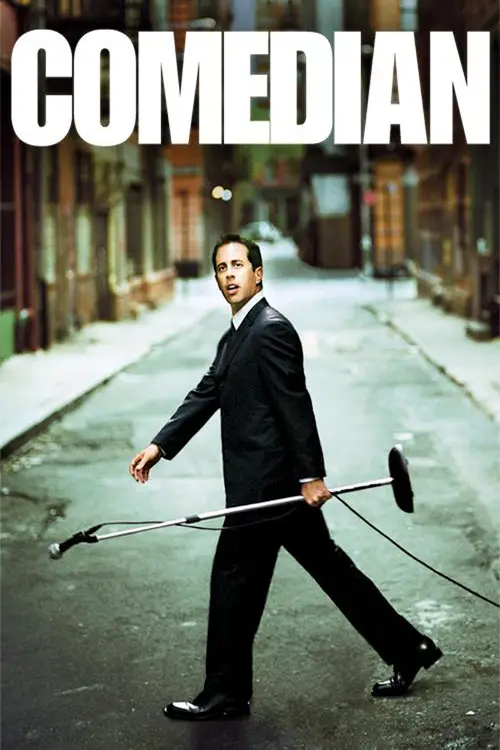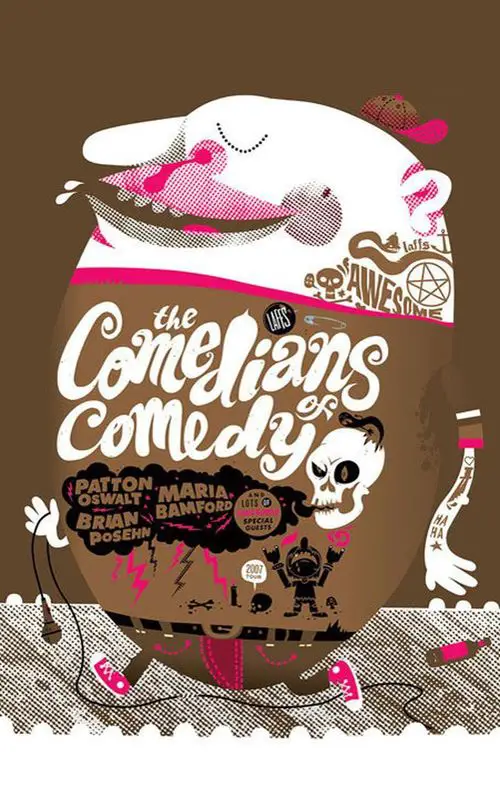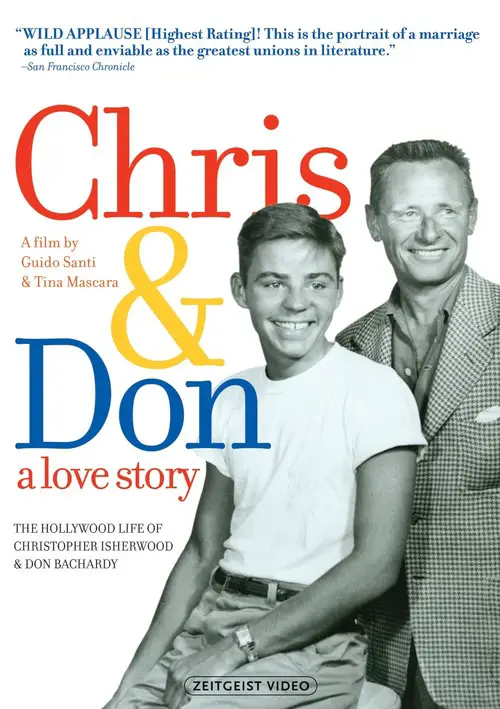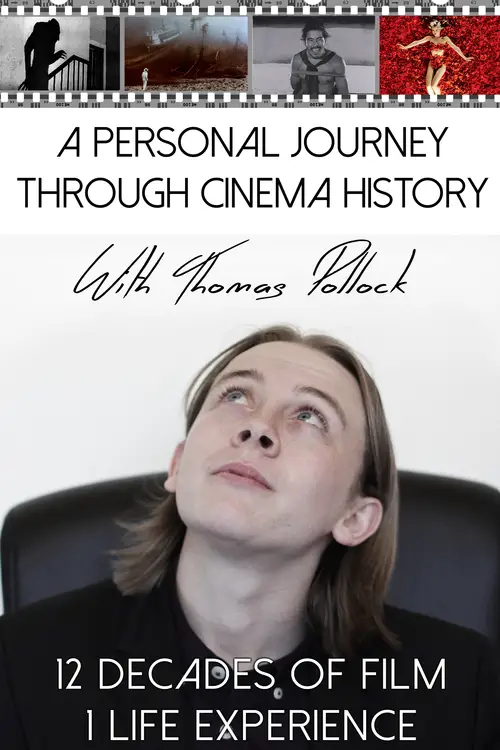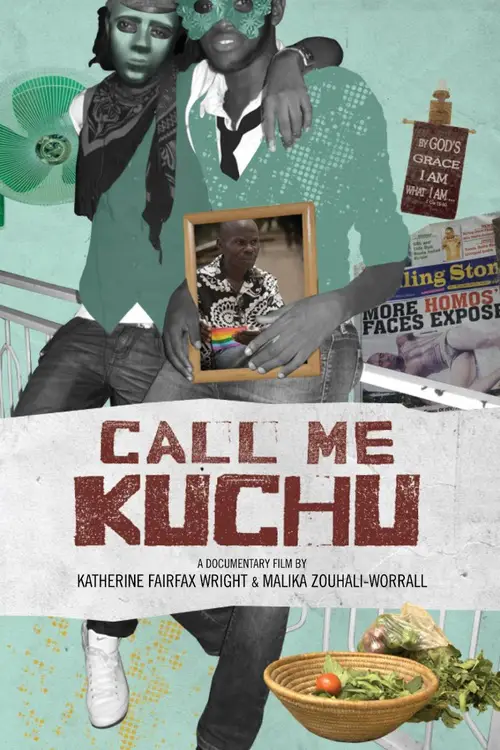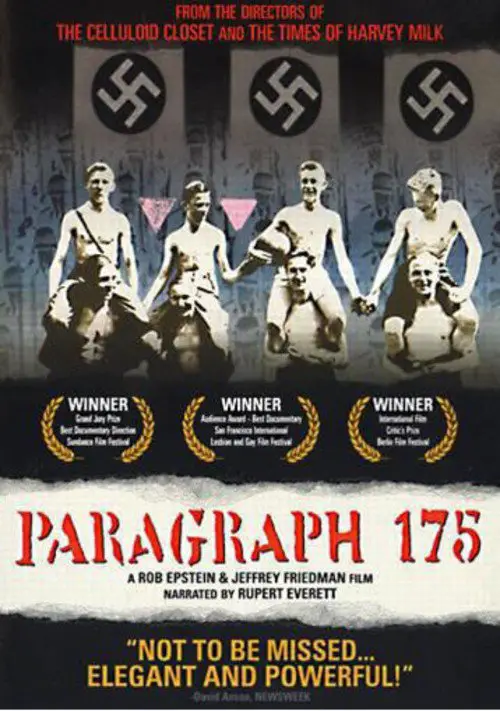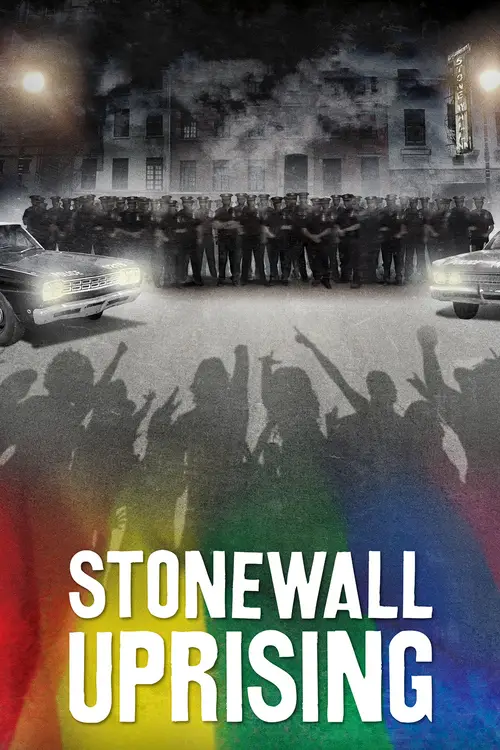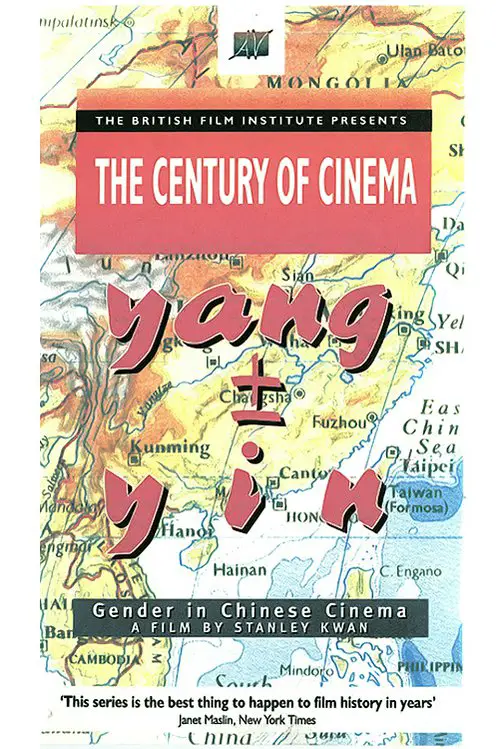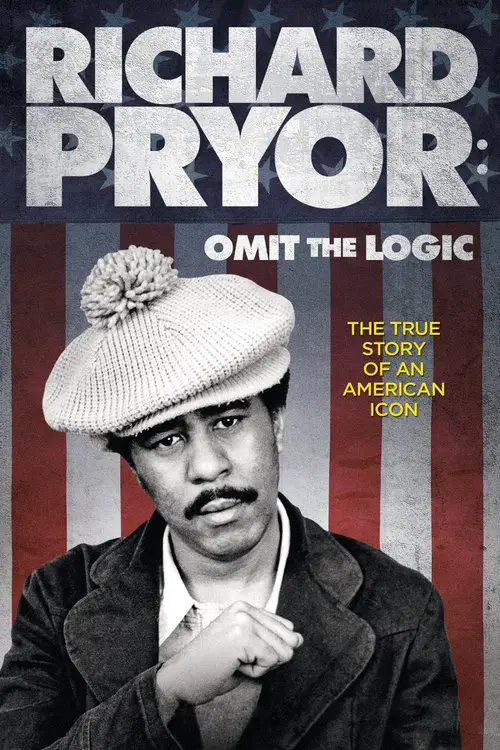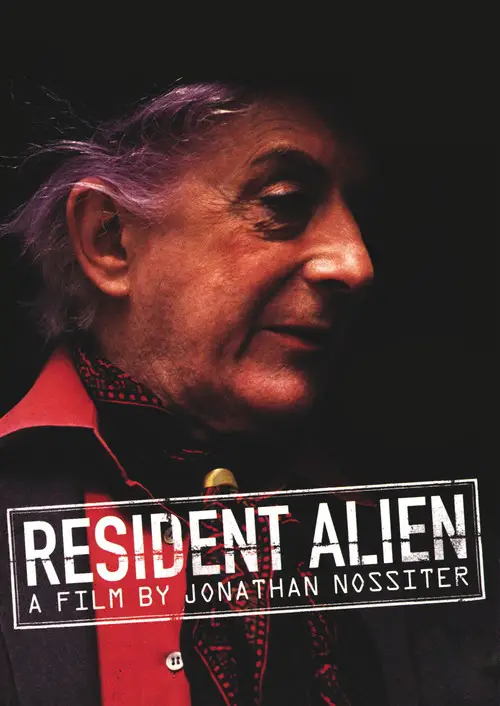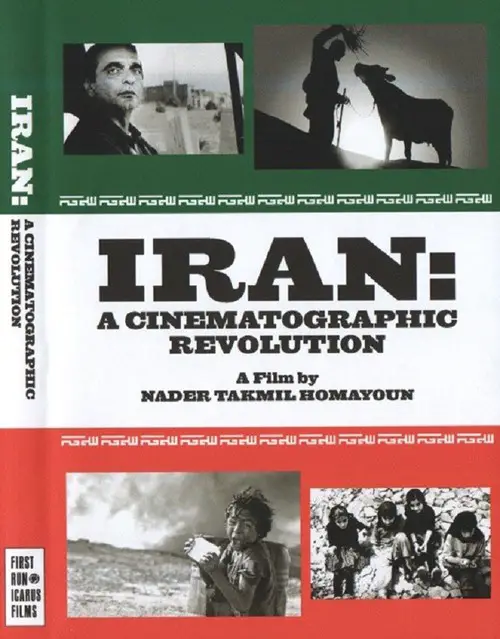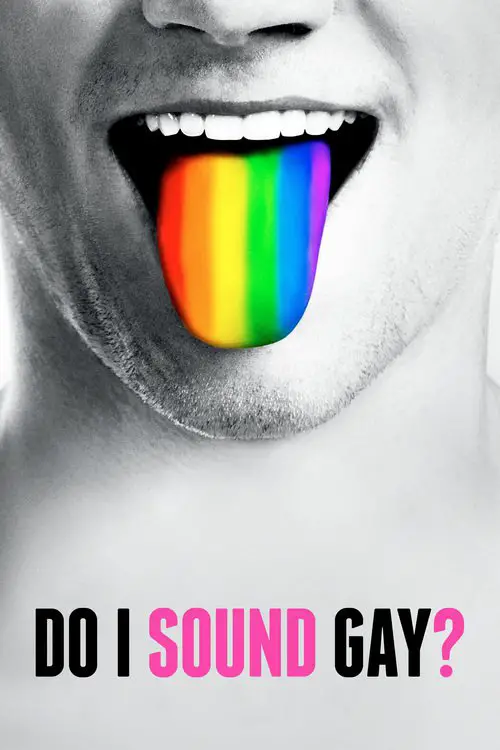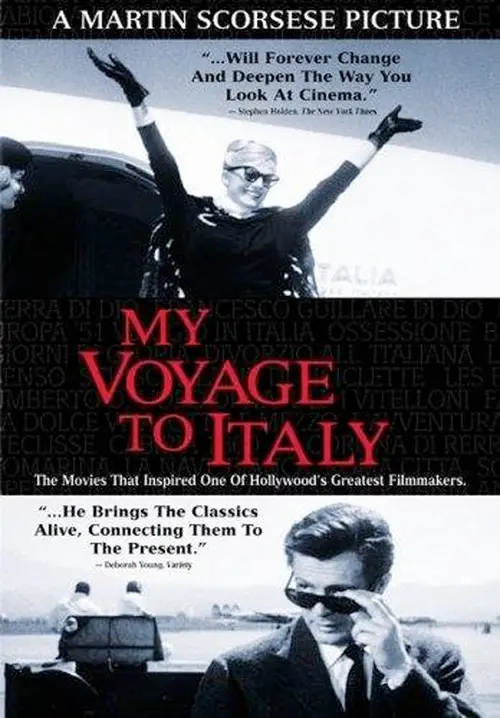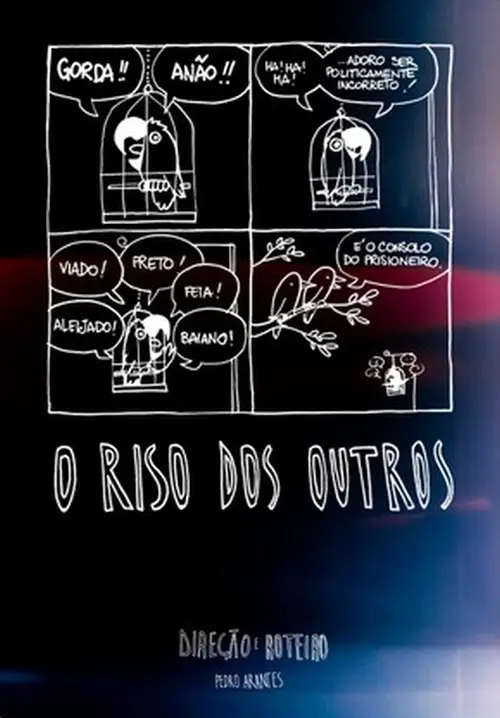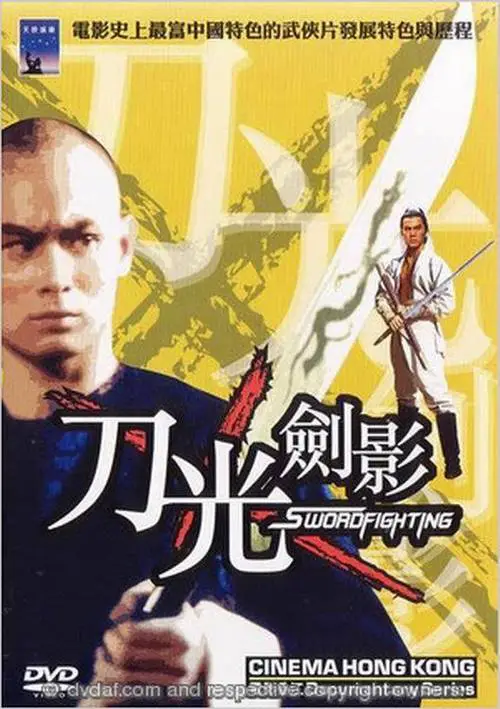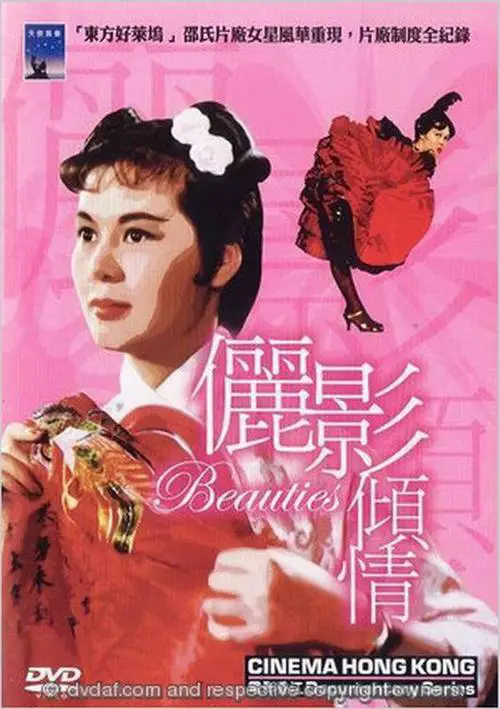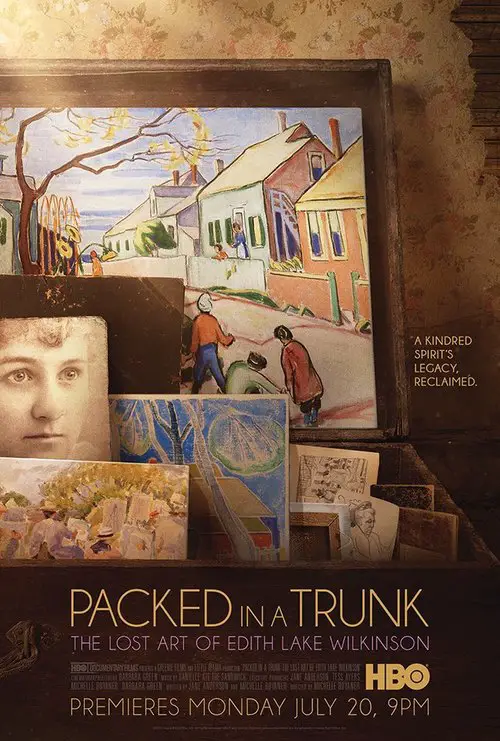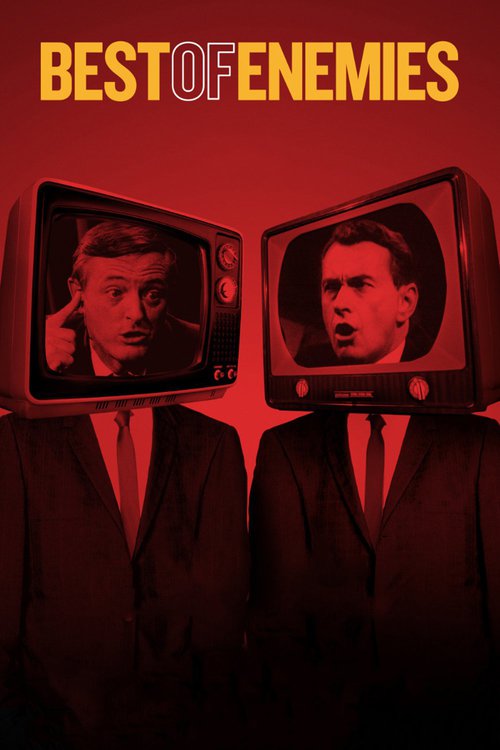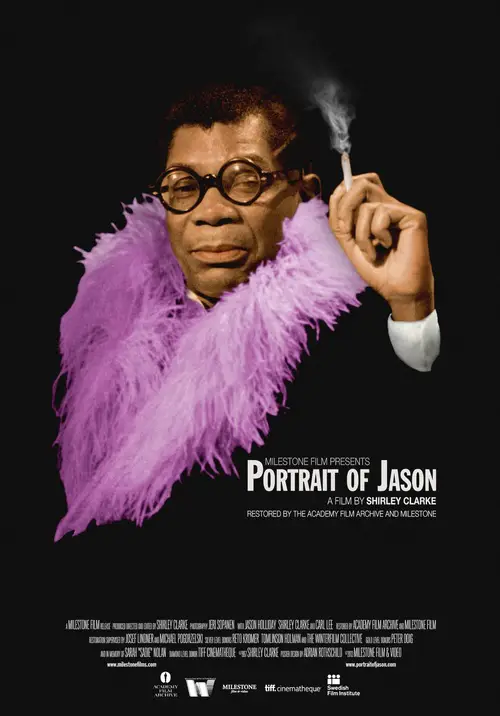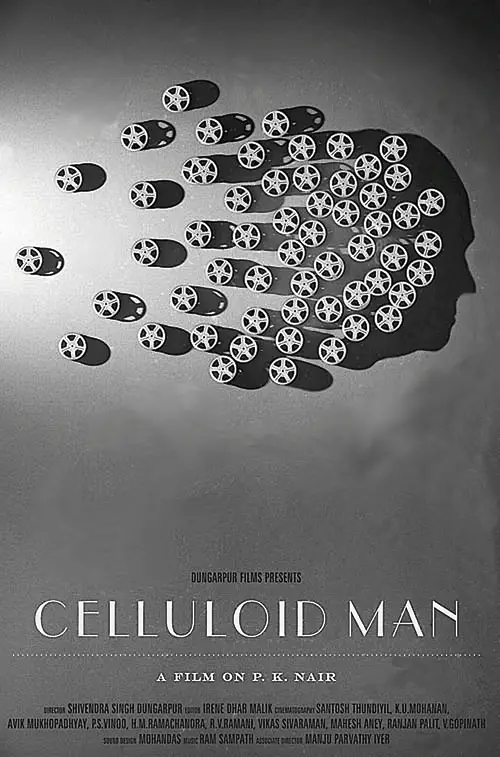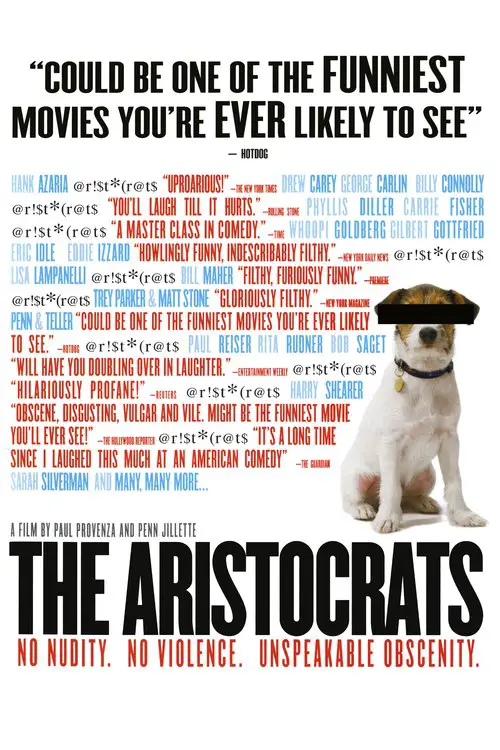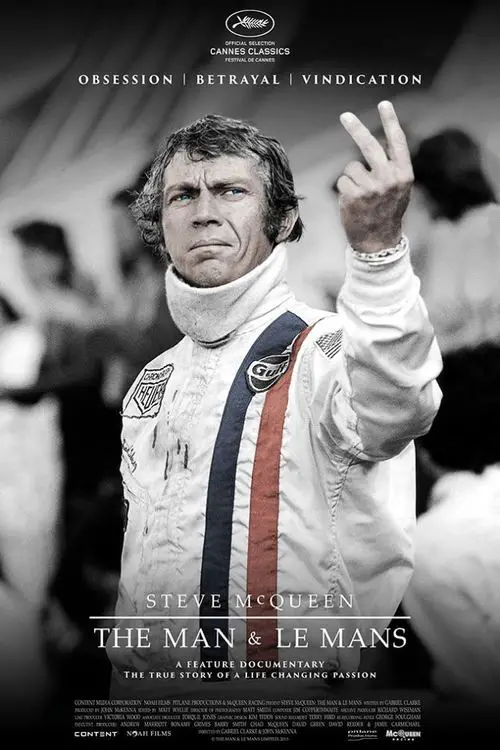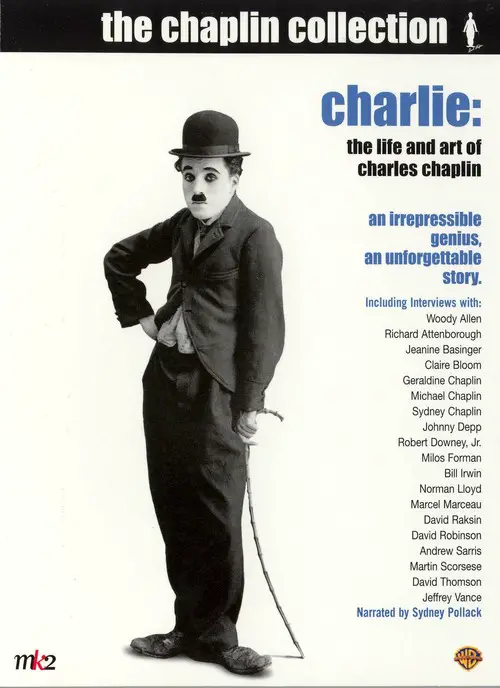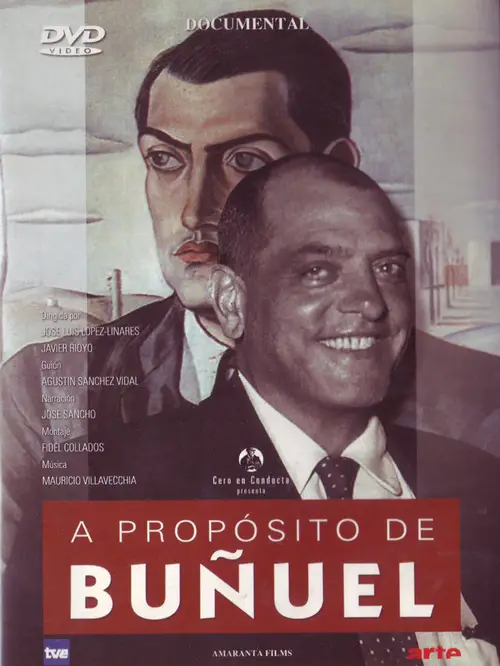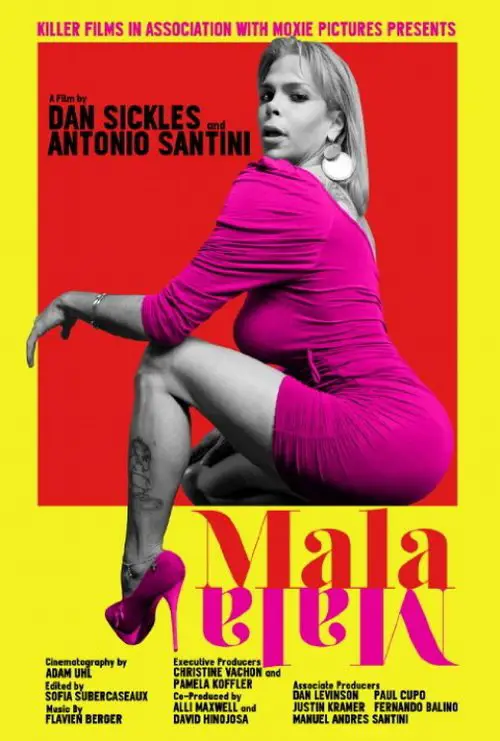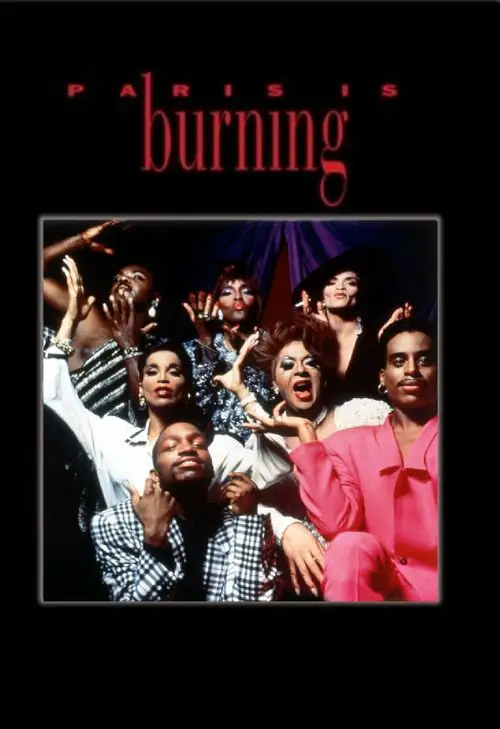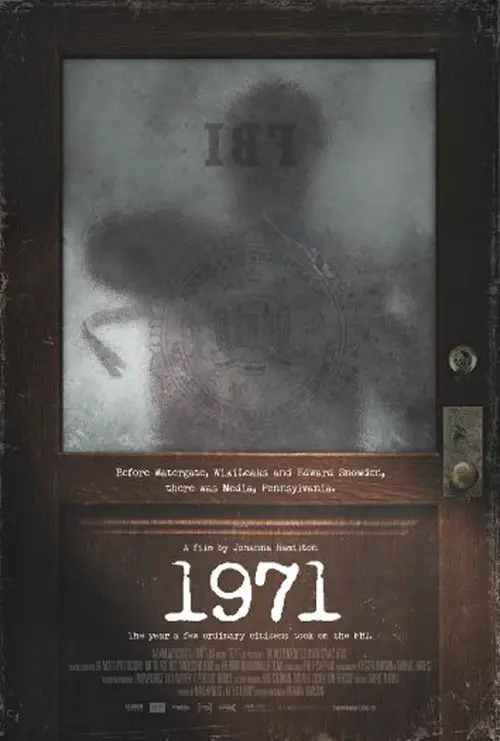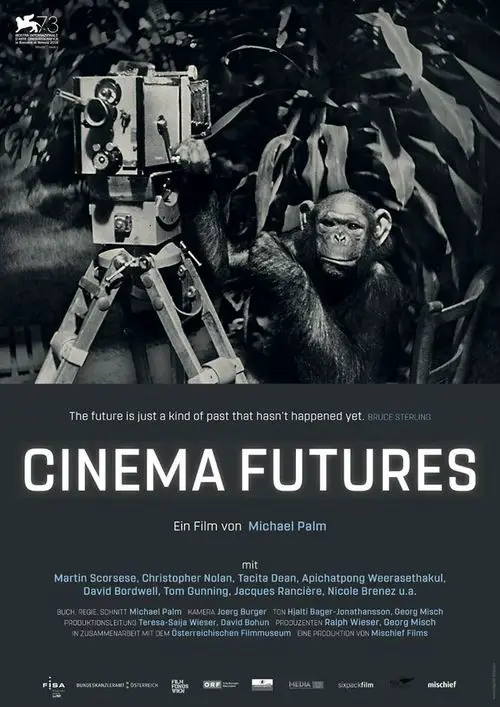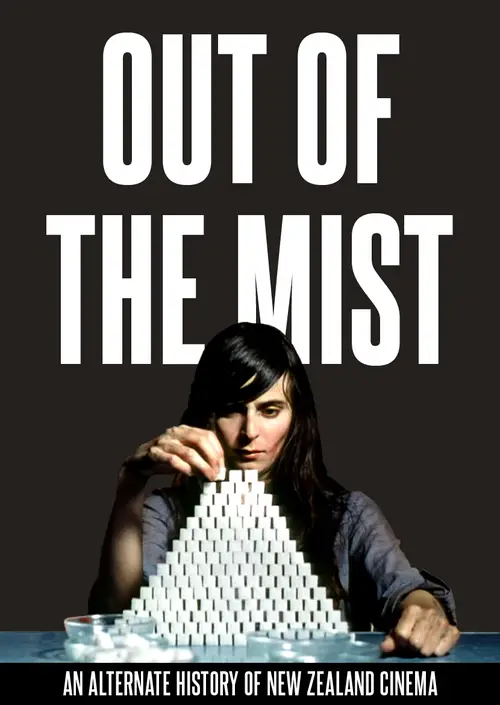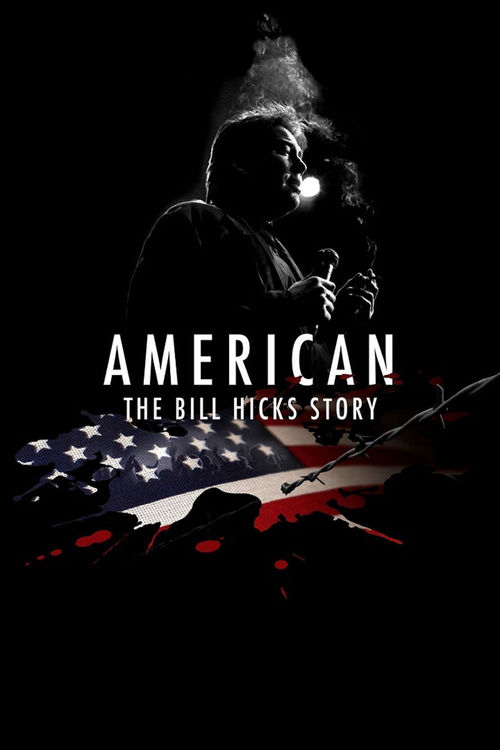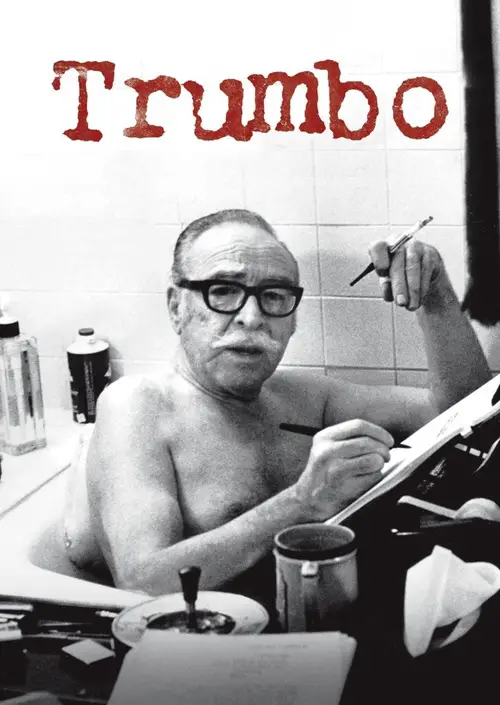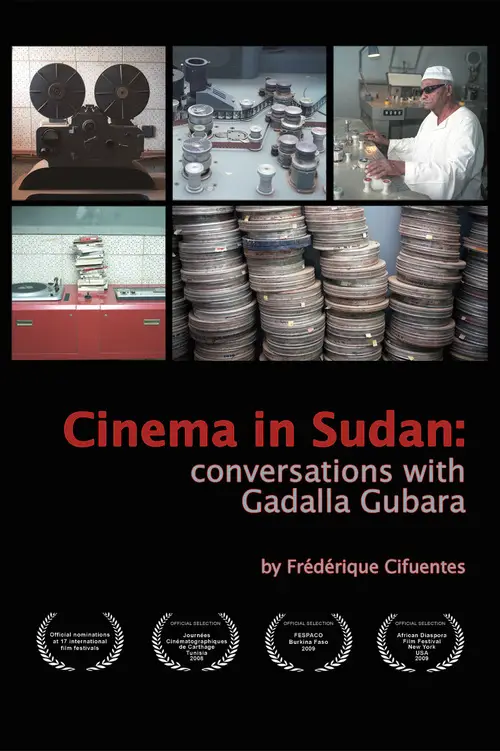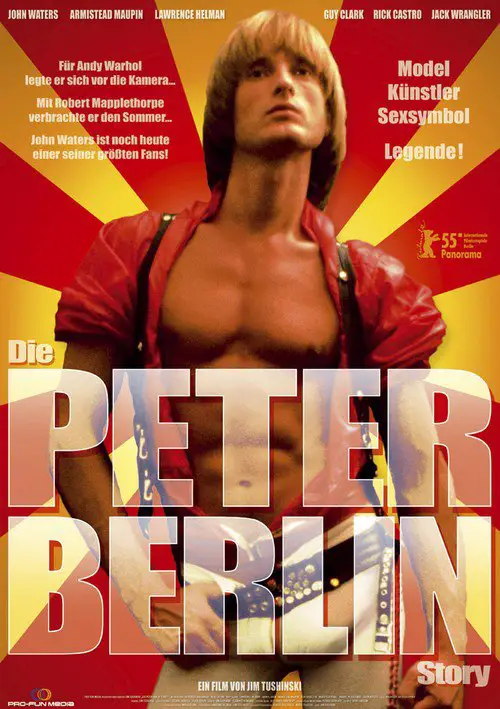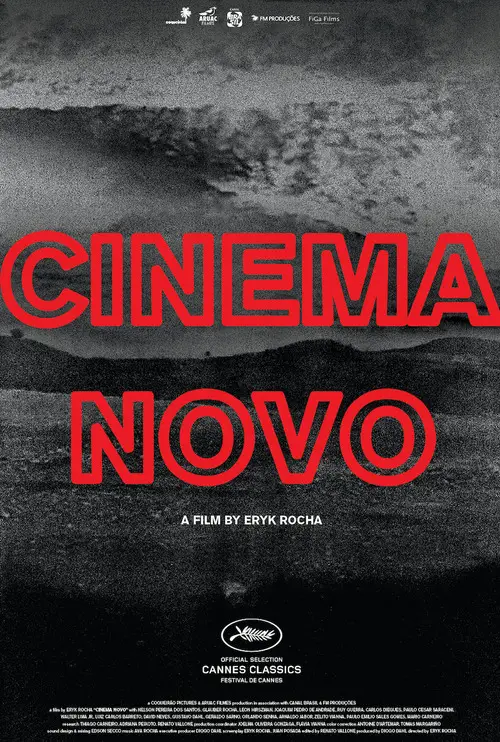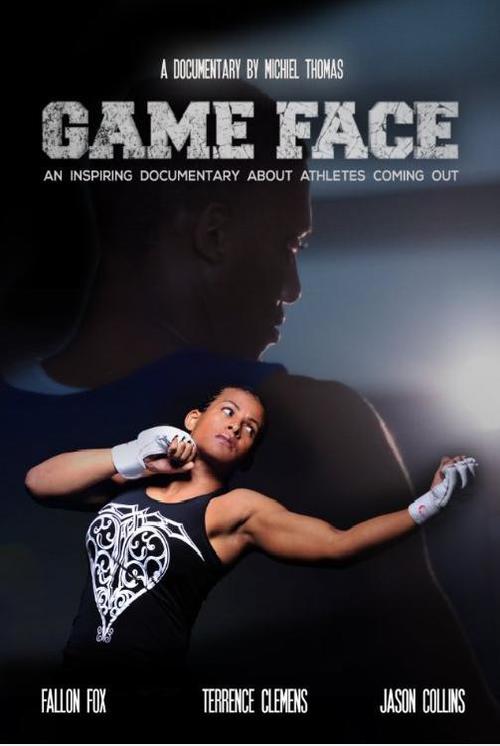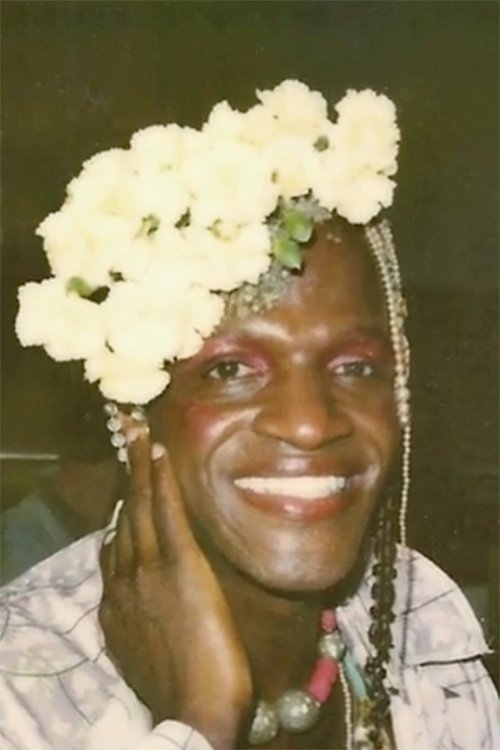The Celluloid Closet (1995)

Similar movies
Through the voices of Americans from all walks of life, The Out List explores the identities of the lesbian, gay, bisexual, and transgender community in America. In this series of intimate interviews, a diverse group of LGBT personalities bring color and depth to their experiences of gender and sexuality. With wit and wisdom, this set of trailblazing individuals weaves universal themes of love, loss, trial, and triumph into the determined struggle for full equality.
Over the course of a year, film follows Vancouver Pride Society president Ken Coolen to various international Pride events, including Poland, Hungary, Russia, Sri Lanka and others where there is great opposition to pride parades. In North America, Pride is complicated by commercialization and a sense that the festivals are turning away from their political roots toward tourism, party promotion and entertainment. Christie documents the ways larger, more mainstream Pride events have supported the global Pride movement and how human rights components are being added to more established events. In the New York sequence, leaders organize an alternative Pride parade, the Drag March, set up to protest the corporatization of New York Pride. A parade in São Paulo, the world's largest Pride festival, itself includes a completely empty float, meant to symbolize all those lost to HIV and to anti-gay violence.
As Australian cinema broke through to international audiences in the 1970s through respected art house films like Peter Weir's "Picnic At Hanging Rock," a new underground of low-budget exploitation filmmakers were turning out considerably less highbrow fare. Documentary filmmaker Mark Hartley explores this unbridled era of sex and violence, complete with clips from some of the scene's most outrageous flicks and interviews with the renegade filmmakers themselves.
In the spirit of the old west variety shows, Vaughn played host to the ensemble of comedians and performed improvisational sketches with surprise celebrity and musical guests. The film chronicles the journey of Vaughn and the comedians as travel over 6,000 miles and perform 30 shows in 30 consecutive nights in cities across the nation.
Zürich in the mid 50âs: The young shy teacher Ernst Ostertag becomes a member of the gay organisation DER KREIS. There he gets to know the transvesti- te star Röbi Rapp â and immediately falls head over heels in love with him. Röbi and Ernst live through the high point and the eventual decline of the organization, which in the whole of Europe is seen as the pioneer of gay eman- cipation. Ernst finds himself torn between his bour- geois existence and his commitment to homosexuality, for Röbi it is about his first serious love relationship. A relationship which will last a lifetime. The film looks back from the present to the time when the âMotherâ of all European homosexual or- ganizations had its high point to the time it slowly fell apart. While the repression against homosexu- als became increasingly more intense in Zurich, two young and very different men fight for their love and â together with their friends â for the rights of gays.
A documentary feature film that ties four narratives - from China, India, Scotland, and Tunisia - together with countless insights from venerable filmmakers and ordinary moviegoers. An aspiring actress in Mumbai battles to break into Bollywood; two friends in Scotland take a mobile film festival across the highlands; a young crew in Hong Kong embarks on the shooting of its first film; a Tunisian director anxiously anticipates the premiere of his controversial film at a major festival. These stories are woven together with scenes from video stores, projection booths, studios, cinemas, and slums into a vivid meditation on the power of cinema to shape our world.
On the 11th Annual National Day of Silence, Erin Davies was victim to a hate crime in Albany, New York. Because of sporting a rainbow sticker on her VW Beetle, Erin's car was vandalized, left with the words "fag" and "u r gay" placed on the driver's side window and hood of her car. Despite initial shock and embarrassment, Erin decided to embrace what happened by leaving the graffiti on her car. She took her car, now known worldwide as the "fagbug," on a 58-day trip around the United States and Canada. Along the way, Erin discovered other, more serious hate crimes, had people attempt to remove the graffiti, and experimented with having a male drive her car. After driving the fagbug for one year, Erin decided to give her car a makeover.
Out to Win is a documentary film that serves as an overview and examination of lives and careers of aspiring and professional gay and lesbian athletes from all over the world. Chronicling the present, framed within a historical context of those that came before, this film highlights the experiences of athletes who have fought and struggled, both in and out of the closet, to represent the LGBT community and their true selves. This film is told through the voices of pioneers, present day heroes, tomorrow's superstars and the people who've helped them succeed. Featuring interviews with trailblazers including Martina Navratilova, Billie Jean King, Jason Collins, Brittney Griner and more.
'We Were Here' is the first film to take a deep and reflective look back at the arrival and impact of AIDS in San Francisco, and how the City's inhabitants dealt with that unprecedented calamity. It explores what was not so easy to discern in the midst of it all - the parallel histories of suffering and loss, and of community coalescence and empowerment.
THE PERVERT'S GUIDE TO CINEMA takes the viewer on an exhilarating ride through some of the greatest movies ever made. Serving as presenter and guide is the charismatic Slavoj Žižek, the Slovenian philosopher and psychoanalyst. With his engaging and passionate approach to thinking, Žižek delves into the hidden language of cinema, uncovering what movies can tell us about ourselves.
The film MISS REPRESENTATION exposes how American youth are being sold the concept that women and girlsâ value lies in their youth, beauty and sexuality. Explores the under-representation of women in positions of power and influence in America, and challenges the media's limited portrayal of what it means to be a powerful woman. Itâs time to break that cycle of mistruths.
Filmmaker and ex-Church of Jesus Christ of Latter-day Saints member Reed Cowan examines that church's nationwide efforts to prevent the legalization of gay marriage - including California's Proposition 8, which was passed by voters in 2008. Confidential church documents, statements by high-ranking church officials and other sources detail 30 years of efforts to turn back gay rights, particularly by the Mormon-sponsored National Organization for Marriage.
Since the invention of cinema, the standard format for recording moving images has been film. Over the past two decades, a new form of digital filmmaking has emerged, creating a groundbreaking evolution in the medium. Keanu Reeves explores the development of cinema and the impact of digital filmmaking via in-depth interviews with Hollywood masters, such as James Cameron, David Fincher, David Lynch, Christopher Nolan, Martin Scorsese, George Lucas, Steven Soderbergh, and many more.
Ten women, most of them in Vancouver or Toronto, talk about being lesbian in the 1940s, 1950s, and 1960s: discovering the pulp fiction of the day about women in love, their own first affairs, the pain of breaking up, frequenting gay bars, facing police raids, men's responses, and the etiquette of butch and femme roles. Interspersed among the interviews and archival footage are four dramatized chapters from a pulp novel, "Forbidden Love": Laura leaves her hick town and heads for the city, where she meets Mitch in a bar. Sparks fly, and so do laughter and joy. Ann Bannon, one of the writers of those paperback novels about forbidden love, talks about the genre.
After a lifetime of hiding, Chely Wright becomes the first commercial country music singer to come out as gay, shattering cultural stereotypes within Nashville, per conservative heartland family and, most importantly, within herself. With unprecedented access over a two-year period, including her private video diaries, the film layers Chely's rise to fame while hiding in the late 90's with the execution of her coming out plan, culminating in the exciting moment when she steps into the media glare to reveal she is gay. The film shows both the devastation of internalized homophobia and the transformational power of living an authentic life. The film also documents the conflicting responses from Nashville, the heartland and the LGBT community as Chely Wright prepares for an unknown future.
In Uganda, a new bill threatens to make homosexuality punishable by death. David Kato - Uganda's first openly gay man - and his fellow activists work against the clock to defeat the legislation while combating vicious persecution in their daily lives. But no one, not even the filmmakers, is prepared for the brutal murder that shakes the movement to its core and sends shock waves around the world. (from imdb)
Stonewall Uprising is a 2010 American documentary film examining the events surrounding the Stonewall riots that began during the early hours of June 28, 1969. Stonewall Uprising made its theatrical debut on June 16, 2010 at the Film Forum in New York City.The movie features interviews with eyewitnesses to the incident, including NYPD deputy inspector Seymour Pine.
The film was produced and directed by documentarians Kate Davis and David Heilbroner, and is based on the book by historian David Carter, Stonewall: The Riots That Sparked the Gay Revolution. The title theme is by Gary Lionelli.
This highly personal film essay demonstrates that Chinese cinema has dealt with questions of gender and sexuality more frankly and provocatively than any other national cinema. Yang ± Yin examines male bonding and phallic imagery in the swordplay and kung fu movies of the '60s and '70s; homosexuality; same-sex bonding and physical intimacy; the continuing emphasis on women's grievances in melodramas; and the phenomenon of Yam Kim-Fai, a Hong Kong actress who spent her life portraying men on and off the screen.
This moving portrait of legendary comedian Richard Pryor chronicles his life from his troubled youth in Peoria, Illinois, to his meteoric rise as one of the most respected comic actors of the 20th century. Often misunderstood during the height of his celebrity, the late superstar has never been profiled this extensively. Marina Zenovichâs revealing and entertaining film lays bare the demons with which he struggled and reminds us just how daring and dangerous artistic freedom can be.
At age 73, writer and melancholy master of the bon mot, Quentin Crisp (1908-1999), became an Englishman in New York. Rossiter's camera follows Crisp about the streets of Manhattan, where Crisp seems very much at home, wearing eye shadow, appearing on a makeshift stage, making and repeating wry observations, talking to John Hurt (who played Crisp in the autobiographical TV movie, "The Naked Civil Servant"), and dining with friends. Others who know Crisp comment on him, on his life as an openly gay man with an effeminate manner, and on his place in the history of gays' social struggle. The portrait that emerges is of one wit and of suffering.
Today Iranian cinema is one of the most highly regarded national cinemas in the world, regularly winning festival awards and critical acclaim for films which combine remarkable artistry and social relevance. Iran: A Cinematographic Revolution traces the development of this film industry, which has always been closely intertwined with the country's tumultuous political history, from the decades-long reign of Reza Shah Pahlevi and his son, the rise of Khomeini and the birth of the Islamic Republic, the seizure by militants of the U.S. Embassy in Tehran, and the devastating war with Iraq.
"I saw these movies. They had a powerful effect on me. You should see them." That's Martin Scorsese's message for this documentary. We meet his family on Elizabeth Street in New York; he's a third generation Italian with Sicilian roots. Starting in 1949, they watched movies on TV as well as in theaters, lots of Italian imports. Scorsese, with his narration giving a personal as well as a public context, shows extended clips of these movies. Films of Rossellini and De Sica fill part one; those of Visconti, Fellini, and Antonioni comprise part two. Scorsese takes time with emotion, style, staging, technique, political context, and cinematic influence. It's his movie family.
There are limits to jokes? What is the politically incorrect humor? A joke has the power to offend? It is these issues that 'Laughter of Others' discusses interviewing personalities such as comedians Danilo Gentili and Rafinha Bastos, cartoonist Laerte and Congressman Jean Wyllys, among others. The documentary delves into the world of Stand Up Comedy to discuss the fine line between comedy and offense, between legal and what creates endless lawsuits.
A full journey from the beginning of "Swordplay" movies in Shanghai, growth in Hong Kong cinemas in the 60's and 70's and Ang Lee's epic "Crouching Tiger, Hidden Dragon" in 2000. The series also features interviews with such luminaries including John Woo, Chu Yuen, Lau Ka Leung, Gordon Lau Ka Fai, Sammo Hung, David Chiang and Cheng Pei Pei.
Hong Kong cinemas had a wide range of glamorous female stars during the golden age of the 60's and 70's. The series will take the audience on a sentimental journey to the good old days and once again look at the expansive epic costume dramas and huangmei operas in which actresses played both the male and female roles. Rare interviews with Sir Run Run Shaw, stars Ivy Ling Po, Shaw Yin Yin, Tanny Tie Ni and Cheng Pei Pei are also featured.
The story of artist Edith Lake Wilkinson, a painter who was committed to an asylum in 1924 and never heard from again. All her worldly possessions were packed into trunks and shipped to a relative in West Virginia where they sat in an attic for 40 years. Edith's great-niece, Emmy Award winning writer and director Jane Anderson, grew up surrounded by Edith's paintings, thanks to her mother who had gone poking through that dusty attic and rescued Edith's work. The film follows Jane in her decades-long journey to find the answers to the mystery of Edith's buried life, return the work to Provincetown and have Edith's contributions recognized by the larger art world.
A documentary about the legendary series of nationally televised debates in 1968 between two great public intellectuals, the liberal Gore Vidal and the conservative William F. Buckley Jr. Intended as commentary on the issues of their day, these vitriolic and explosive encounters came to define the modern era of public discourse in the media, marking the big bang moment of our contemporary media landscape when spectacle trumped content and argument replaced substance. Best of Enemies delves into the entangled biographies of these two great thinkers and luxuriates in the language and the theater of their debates, begging the question, 'What has television done to the way we discuss politics in our democracy today?'
Documentary about the film maker Luis Bunuel. Surrealist master Luis Bunuel is a towering figure in the world of cinema history, directing such groundbreaking works as Un Chien Andalou, Exterminating Angels, and That Obscure Object of Desire, yet his personal life was clouded in myth and paradox. Though sexually diffident, he frequently worked in the erotic drama genre; though personally quite conservative, his films are florid, flamboyant, and utterly bizarre. This documentary, directed Jose Luis Lopez Linares, tries to illuminate some of these contradictions.
In a celebration of the trans community in Puerto Rico, the fissure between internal and external is an ever-present battle. A unique exploration of self-discovery and activism, featuring a diverse collection of subjects that include LGBTQ advocates, business owners, sex workers, and a boisterous group of drag performers who call themselves The Doll House, Mala Mala portrays a fight for personal and community acceptance paved with triumphant highs and devastating lows. Through riv
Paris Is Burning is a 1990 documentary (directeor Jennie Livingston) filmed in the mid-to-late 1980s, chronicling the ball culture of New York City and the poor, African American and Latino gay and transgendered community involved in it. Many consider Paris Is Burning to be an invaluable documentary of the end of the "Golden Age" of New York City drag balls and exploration of queer culture
Forty years before WikiLeaks and the NSA scandal, there was Media, Pennsylvania. In 1971, eight activists plotted an intricate break-in to the local FBI offices to leak stolen documents and expose the illegal surveillance of ordinary Americans in an era of anti-war activism. In this riveting heist story, the perpetrators reveal themselves for the first time, reflecting on their actions and raising broader questions surrounding security leaks in activism today.
The âdigital revolutionâ reached the cinema late and was chiefly styled as a technological advancement. Today, in an era where analog celluloid strips are disappearing, and given the diversity of digital moving picture formats, there is much more at stake: Are the worldâs film archives on the brink of a dark age? Are we facing the massive loss of collective audiovisual memory? Is film dying, or just changing? CINEMA FUTURES travels to international locations and, together with renowned filmmakers, museum curators, historians and engineers, dramatizes the future of film and the cinema in the age of digital moving pictures.
American: The Bill Hicks Story is a biographical documentary film on the life of comedian Bill Hicks. The film was produced by Matt Harlock and Paul Thomas, and features archival footage and interviews with family and friends, including Kevin Booth. The filmmakers used a cut-and-paste animation technique to add movement to a large collection of still pictures used to document events in Hicks' life. The film made its North American premiere at the 2010 South by Southwest Film Festival. The film was nominated for a 2010 Grierson British Documentary Award for the "Most Entertaining Documentary" category. It was also nominated for Best Graphics and Animation category in the 2011 Cinema Eye Awards. Awards won include The Dallas Film Festivals Texas Filmmaker Award, at Little Rock The Oxford American's Best Southern Film Award, and Best Documentary at the Downtown LA Film Festival. On Rotten Tomatoes, 81% of the first 47 reviews counted were rated positive.
Directors Robert Townsend and Quincy Newell offer this comprehensive and hilarious examination of the history, evolution and cultural significance of African American comedy in America, from the earliest minstrel shows to the latest HBO special. Featuring interviews with cultural critics and loads of comedic clips, this program features appearances by a who's-who of black comedians including Chris Rock, Bill Cosby, Whoopi Goldberg and many more.
Through a focus on the life of Dalton Trumbo (1905-1976), this film examines the effects on individuals and families of a congressional pursuit of Hollywood Communists after World War II. Trumbo was one of several writers, directors, and actors who invoked the First Amendment in refusing to answer questions under oath. They were blacklisted and imprisoned. We follow Trumbo to prison, to exile in Mexico with his family, to poverty, to the public shunning of his children, to his writing under others' names, and to an eventual but incomplete vindication. Actors read his letters; his children and friends remember and comment. Archive photos, newsreels and interviews add texture. Written by
Sex Positive explores the life of Richard Berkowitz, a revolutionary gay S&M hustler turned AIDS activist in the 1980s, whose incomparable contribution to the invention of safe sex has never been aptly credited. Mr. Berkowitz emerged from the epicenter of the epidemic demanding a solution to the problem before the outside world would take heed. Now destitute and alone, Mr. Berkowitz tells his story to a world who never wanted to listen.
The film builds up a portrait of a great Sudanese film-maker, Gadalla Gubara. At eighty-seven, he is one of the pioneers of cinema in Africa. He has recently lost his sight but still continues to film life in Sudan as no one before him. Through his oeuvre, Gadalla reveals to us a Sudan both mysterious and misunderstood. Despite censorship and lack of financial support over sixty years, he has produced cinema that is independent and unique in a country where freedom of expression is a rare luxury.
It's a night of comic anarchy as 15 of today's edgiest comedians perform at Los Angeles' legendary Troubadour rock 'n' roll club! You're guaranteed to laugh, and occasionally gasp with shock, as new comic frontiers are crossed. Staring; Patton Oswalt, Brian Posehn, Zach Galifianakis, Maria Bamford, David Cross, Sarah Silverman, and many more.
He slept with Sal Mineo, was photographed by Andy Warhol, and he was lusted after by millions of men around the world. Model, photographer, filmmaker, clothing designer, and porn icon Peter Berlin is his own greatest creation. Berlin is front and center in this bio documentary from director Jim Tushinski, and featuring interviews with director John Waters, novelist Armistead Maupin, 70s porn director Wakefield Poole and more, all with Berlin as the subject. This intimate film reveals the legendary man with the white saran wrapped pants, undersized leather vests, and Dutch-boy haircut
CINEMA NOVO is a movie-essay that investigates poetically the most important movement of Latin America cinema, through the thoughts of its main auteurs: Nelson Pereira dos Santos, Glauber Rocha, Leon Hirszman, Joaquim Pedro de Andrade, Ruy Guerra, Walter Lima Jr., Paulo César Saraceni, among others.
Describing herself as a 'street queen,' Johnson was a tireless voice for LGBT pride since the days of Stonewall. Her death in 1992 was declared a suicide by the NYPD, but friends never accepted that version of events. This documentary is a celebration of Johnson's activism and legacy. And an attempt to solve the mystery of her demise.
© Valossa 2015–2026
| Privacy Policy
